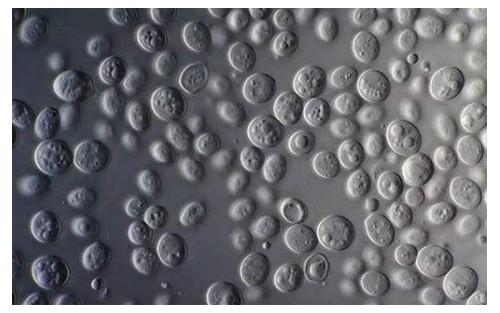Fermentation
 Fermentation refers to the process by which microbial cells themselves, or direct metabolites or secondary metabolites, are produced on their own by the life activities of microorganisms under aerobic or anaerobic conditions. The so-called fermentation is a certain decomposition process of an organism to an organism. Fermentation is a biochemical reaction that humans have earlier contacted and is now widely used among the food, bio, and chemical industries. It is also the basic process of bioengineering, namely fermentation engineering. The research on its mechanism and process control still continues.
Fermentation refers to the process by which microbial cells themselves, or direct metabolites or secondary metabolites, are produced on their own by the life activities of microorganisms under aerobic or anaerobic conditions. The so-called fermentation is a certain decomposition process of an organism to an organism. Fermentation is a biochemical reaction that humans have earlier contacted and is now widely used among the food, bio, and chemical industries. It is also the basic process of bioengineering, namely fermentation engineering. The research on its mechanism and process control still continues.
In aerobic deep culture, the supply of oxygen is always one of the important limiting factors for the success of fermentation. Improvements in ventilation efficiency reduce the amount of air usage, and furthermore reduce the chances of foam formation or the contamination of bacteria.
Effect of dissolved oxygen on fermentation
Dissolved oxygen is one of the most important parameters for aerobic fermentation control. Since the solubility of oxygen in water is small, same as the solubility in the fermentation broth. Because of the needs for continuous ventilation and agitation, oxygen demand of different fermentation processes can be met. The amount of dissolved oxygen has different effects on cell growth as well as product formation and yield. For example, when glutamic acid is fermented, the oxygen supply will be insufficient, and the accumulation of chlorous acid will be significantly reduced, then a large amount of lactic acid and succinic acid are produced.
CAN GAS System Onsite PSA Oxygen generator will perfectly solve the problems above. For more information, please contact CAN GAS sales or send an inquiry.
Related Products

